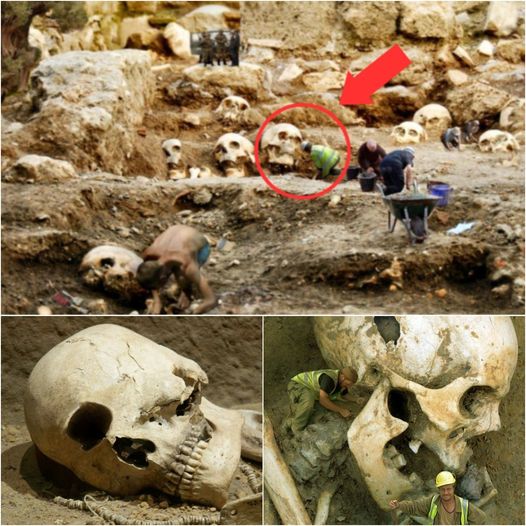Eridu, First city in history according to Mesopotamian sources. The Sumerian King List it’s referenced with the mythical rulers before the Universal Flood with incredibly long reigns. Founded c. 5400 BC during the Early Ubaid period.
Exploring the Origins of Civilization at Eridu
Nestled along the banks of the Euphrates River lies Eridu, the first city in history according to Mesopotamian sources. With its origins dating back to around 5400 BC during the Early Ubaid period, Eridu holds a special place in the annals of human civilization as the birthplace of urban life in ancient Mesopotamia. In this blog post, we embark on a journey to uncover the secrets of Eridu, from its mythical beginnings to its archaeological significance, shedding light on the dawn of civilization in the cradle of humanity.

The Mythical Foundations of Eridu: Legends of Antediluvian Kings
According to Mesopotamian mythology, Eridu was not merely a city but the sacred abode of the gods themselves. The Sumerian King List, a legendary document that traces the lineage of kingship in ancient Sumer, places Eridu at the forefront of human history, with mythical rulers reigning over the city before the Great Flood. These legendary kings, such as Alulim and Alalngar, are said to have governed Eridu for incredibly long periods, blurring the lines between myth and history and laying the foundation for the rich tapestry of Mesopotamian civilization.

The Archaeological Legacy of Eridu: Unearthing the Remnants of Ancient Urban Life
Archaeological excavations at Eridu have unearthed a wealth of artifacts and structures that offer insights into the daily lives of its ancient inhabitants. From temple complexes dedicated to Enki, the Sumerian god of wisdom and water, to residential areas and irrigation systems, the remains of Eridu paint a vivid picture of early urban planning and social organization. The discovery of pottery, tools, and artwork further illuminates the cultural and technological achievements of this ancient city, providing invaluable clues to the development of Mesopotamian civilization.
Eridu in Context: Understanding its Role in Ancient Mesopotamia
As the first city in history, Eridu played a pivotal role in shaping the course of Mesopotamian history and culture. Situated at the crossroads of trade routes and surrounded by fertile agricultural land, Eridu thrived as a center of commerce, religion, and innovation. Its proximity to the marshes of southern Mesopotamia provided access to vital resources such as fish, reeds, and clay, enabling the city to flourish and exert its influence over the surrounding region. Eridu's legacy reverberates through the millennia, serving as a testament to the ingenuity and resilience of humanity in the face of adversity.
Conclusion: Reflecting on the Legacy of Eridu and Ancient Discoveries
In conclusion, Eridu stands as a testament to the enduring legacy of ancient Mesopotamia and the remarkable achievements of humanity's earliest urban societies. From its mythical origins to its archaeological remains, Eridu offers a window into the dawn of civilization and the profound impact of urbanization on human history. As we contemplate the significance of Eridu and its role in shaping the course of human civilization, let us also marvel at the ongoing efforts of archaeologists and researchers to unlock the secrets of our ancient past, revealing new insights and discoveries that continue to enrich our understanding of the world's oldest cities.










